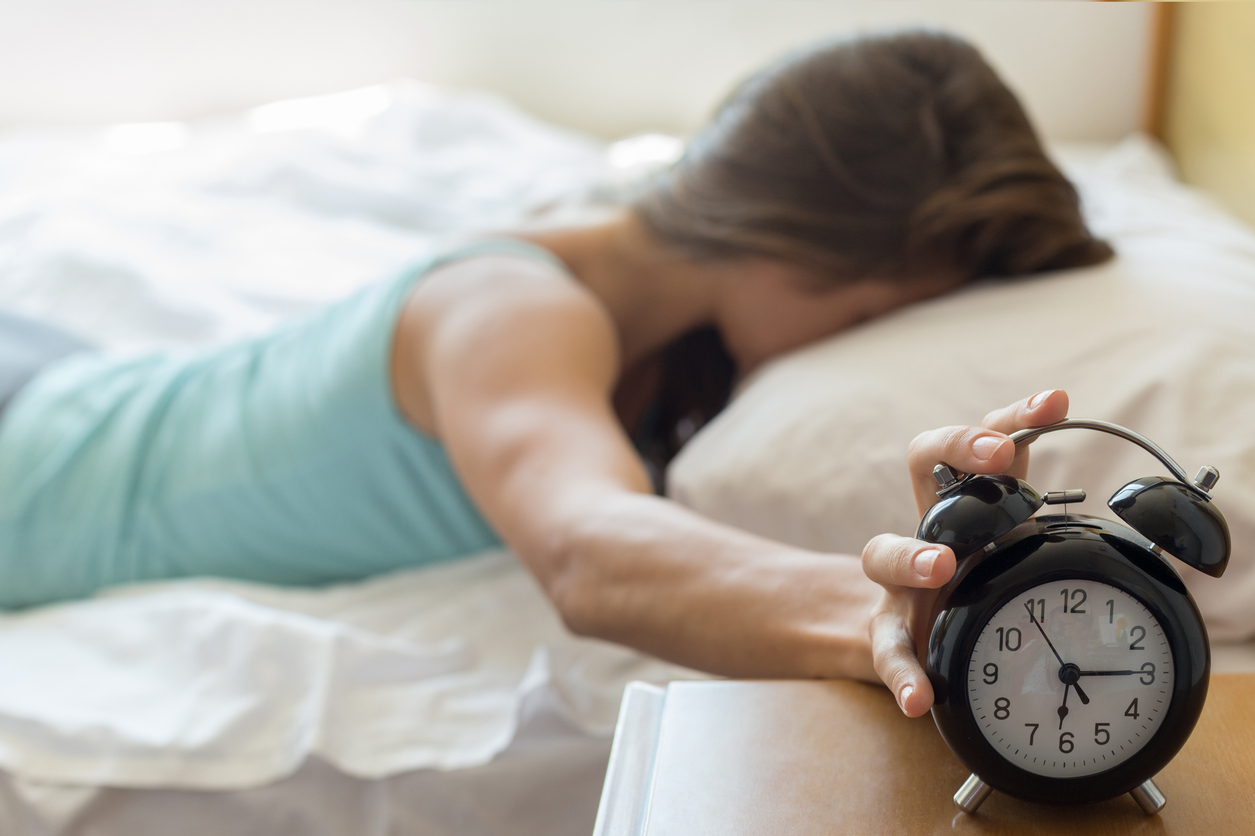I Am a Sufferer of the Tired Teen Epidemic
This week I’m please to have Shannon Amos, The Untamed Optimist, share her blog on Students Overworking. It’s such a fitting subject for todays’s teens with exams galore and high participation in sports and all the rest and goes hand in hand with sleep deprivation, subject of one of our latest podcast. Check out what Shannon has to say to students and parents alike about how to manage the overload. And get more tips from UIO: On Sleep.
High school is the perfect time to get ahead in education before college and get an early start for your career; but it’s also proving to be a great time for students to overwork themselves to the point of exhaustion.
Students nationwide are being pressured by family, the school system, and themselves to do the best in school that they possibly can, yet many of them take this too far and overwork themselves, causing disruptions in sleep schedules leading to daytime sleepiness. This “tired teen epidemic” as I like to call it, is a way of acknowledging this unhealthy relationship with the idea of perfection and its association with high achievements in both the educational system and society. I myself have fallen victim to this a lot as of lately and completely understand the unhealthy situation these students have put themselves into to get ahead in school.
Colleges are seeming to get pickier and pickier with accepting their applicants and the pressure put on students to be the “best” in their grade or school is increasing as time goes on. Many students involve themselves in after school clubs, sports, and involve themselves in groups that not only engage them in their community more; but absorb most of their free time, making it difficult to relax and rest their bodies and minds while growing.
Lately, I have found myself coming straight home from school and eating before planting myself in the recliner or my bed and napping for what should only take 20 minutes but ends up being closer to an hour.
As an extrovert, I find socialising with people to be energising unlike many of my introverted friends that find school exhausting simply for all the social interactions they must make throughout the day. I find these interactions to be energising and often find myself feeling sluggish on days where I socialise less—which is strange because after a long day of conversing with friends I still find myself falling asleep as soon as I sit down!
Being expected to maintain good grades (whatever the standard may be) vs. actually following through with it are two separate battles that both take their tolls on me and a surprising amount of my peers, so I have no doubt that kids nationwide are struggling just as much.
The truth is, we live in a world where kids can relate to each other’s mental breakdowns more than they relate to their political views. Ask any kid their opinion on the amount of homework they are given and the expectations teachers and parents alike set for them and why they feel a certain way about the topic. Nearly every student my age has voiced a negative opinion on the expectations set for them and the affect it has had on their mental health, me included.
“The truth is, we live in a world where kids can relate to each other’s mental breakdowns more than they relate to their political views.”
The thing is, schoolwork is becoming more and more of a chore for kids like me, and it really starts to take its toll early on in the school year. Even just a few months in, I personally find the workload to be overwhelming and the stress caused by it amounts to much more mental fatigue.
Worrying about getting good grades, keeping them up, staying involved in clubs and sports, maintaining an active status in your community, and pulling all-nighters to finish that English paper that’s due tomorrow are all reasons why students today are losing sleep. But losing sleep is just half of the problem. The act of losing sleep leads to less energy to put toward learning which often leads to less excitement about involvement in the first place.
Sadly, this tiredness tends to come out as just that—falling asleep in class, sleeping in late, and my guilty pleasure: napping immediately after getting home. This is often seen as laziness by adults that—while dealing with their own stressful responsibilities—don’t have to deal with this school related stress.
“Acknowledge that when you are trying so hard to do your best that you push yourself beyond your limits, you are no longer doing your best.”
One thing I have done lately is acknowledged that while I am perfectly capable of getting straight As and maintaining them, it is not necessary for me to get them to be considered a “good” student. Many high school students feel this immense pressure to be “perfect” academically and feel like failures when unable to keep up this excessive expectation.
To any students who are finding themselves beyond stressed out with school, work, and other responsibilities, know that it is completely valid for you to take a break. It is unreasonable to expect “perfect” grades or an extensive list of community involvements and it is 100% okay for you to take a step back to relax, even if it means putting off some of that extra work to do so.
Many students fail to acknowledge their past achievements, constantly feeling as though they have not done enough to deserve a break, leading to being overworked and burnt out. Acknowledge that when you are trying so hard to do your best that you push yourself beyond your limits, you are no longer doing your best.
To any parents of teenagers or students in general, give your kid a break. Students tend to overwork themselves trying to be the “best” they can be and fail to see how it is actually doing them more harm than good. Don’t create an avoidable barrier between you and your child because you don’t acknowledge their past achievements and make it clear to them that their best should be enough—even if it’s not “perfect”.


